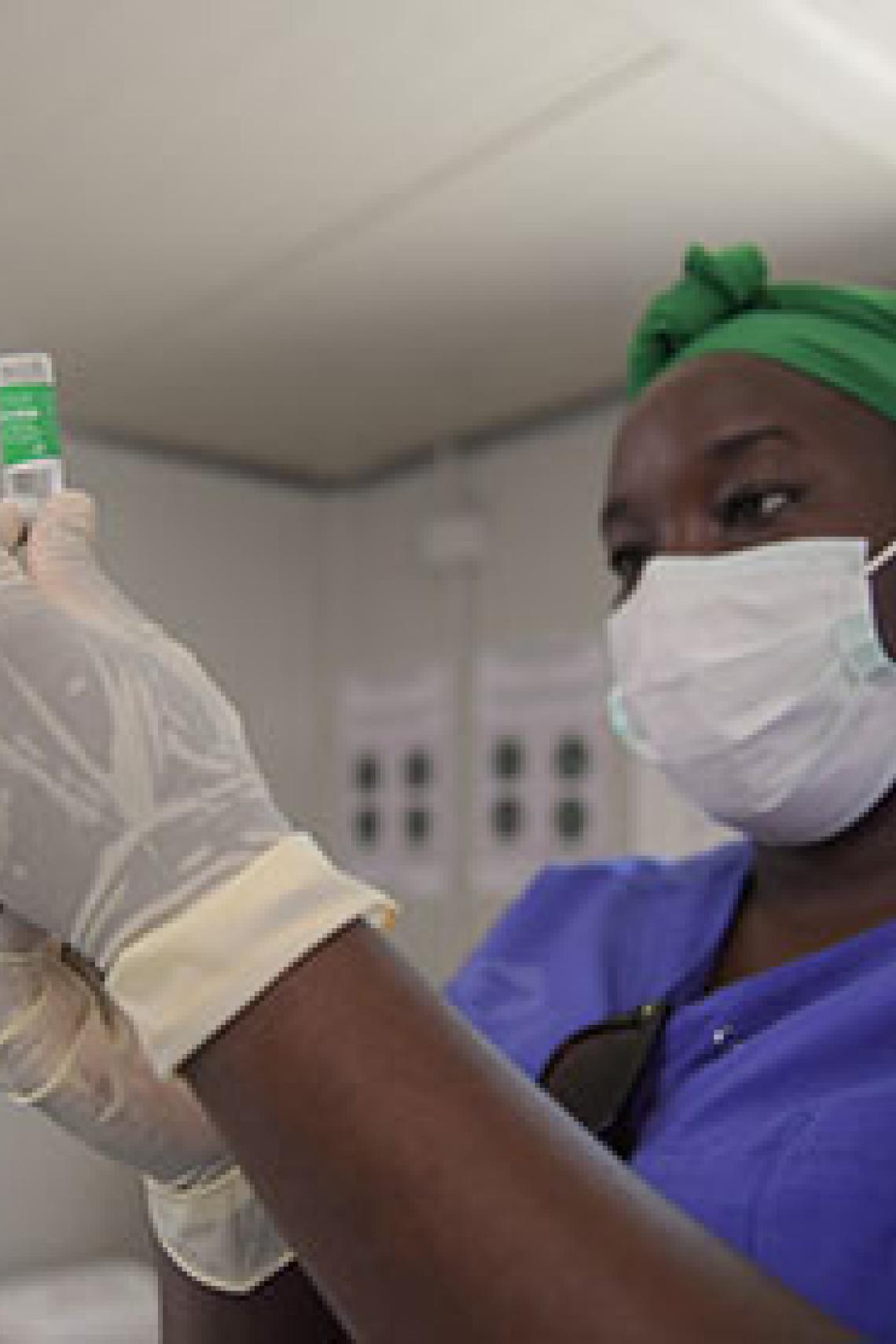ODID researchers set out proposal to boost vaccine production in Global South
A new article by Professors Xiaolan Fu and Diego Sanchez-Ancochea of ODID and colleagues suggests a solution to a major obstacle inhibiting the roll-out of vaccines across the Global South - the lack of production capacity.
Professors Fu and Sanchez-Ancochea, with Peter J Buckley of Leeds University Business School and Ines Hassan of the International Science Council in France, propose a solution based on joint ventures between global vaccine manufacturers and local pharmaceutical companies in the Global South, financed by Global North governments, international organisations and host governments.
The authors assess a number of alternative solutions to the bottleneck in supply, in particular a temporary waiver of intellectual property rights. They argue that while a waiver could be effective in bringing down prices, as with the TRIPS waiver for HIV/AIDS drugs, affordability is not the main issue with COVID vaccines, rather the emphasis needs to be on the rapid transfer of technology, skills, and know-how.
They suggest that joint ventures are the most appropriate model, as they have a number of advantages over wholly foreign-owned subsidiaries. These include the ability to tap into local knowledge in areas such as resources, markets and supply chains; as the local labour force and production facilities can be integrated into the joint venture they can ensure a quick start; they can reduce political risk for foreign firms, especially in countries with underdeveloped institutions; as public-private partnerships they will bring together private sector advantages in flexibility, innovation, and ability to deliver with public sector strengths in mobilising resources and wide outreach; and they will offer effective technological and managerial knowledge transfer through training and work interactions.
They suggest that governments in both the Global North and South can support the partnerships by providing information, the necessary infrastructure, training, and preferential policies, such as tax exemption and low-interest-rate loans, as well as by promoting links with local universities and research institutions.
They propose that the joint ventures should be concentrated in regional manufacturing hubs, with locations approved by a taskforce coordinated by the WHO and UN, chosen for their ‘absorptive capacity’, ie a threshold level of skills and technological capabilities.
They also propose a continuing role for the COVID-19 Vaccines Global Access Facility (COVAX), which could provide seed funding, help with joint venture matchmaking, set product quality standards and ensure quality monitoring, as well as overseeing equitable distribution.
The authors suggest the joint venture approach also offers a rare opportunity to stimulate the life sciences industry in Global South countries, potentially encouraging innovations to address other threatening diseases, and may even pioneer a new way to enhance global public goods provision and global knowledge sharing, which is vital to tackling other global challenges.
Xiaolan Fu, Peter J Buckley, Diego Sanchez-Ancochea and Ines Hassan (2021) 'The world has a unique opportunity: Accelerating technology transfer and vaccine production through partnerships', Journal of International Business Policy, DOI: 10.1057/s42214-021-00124-7

